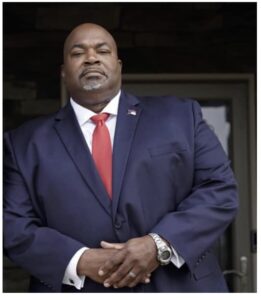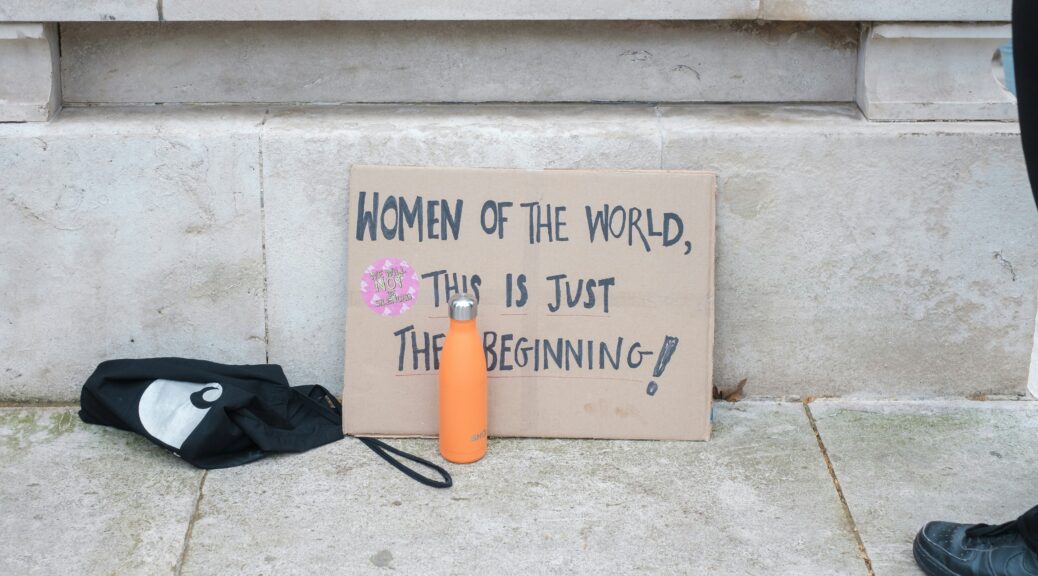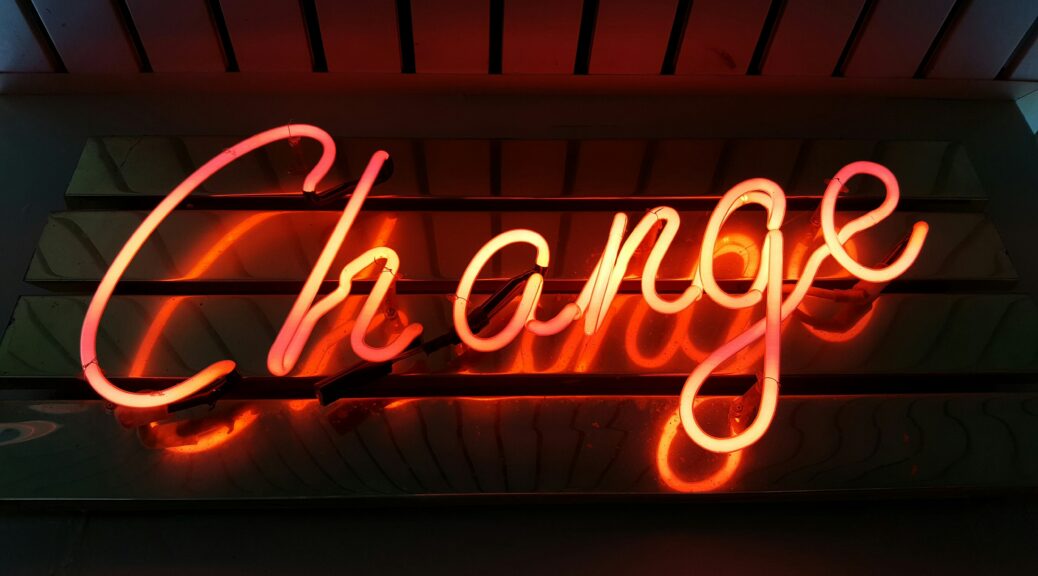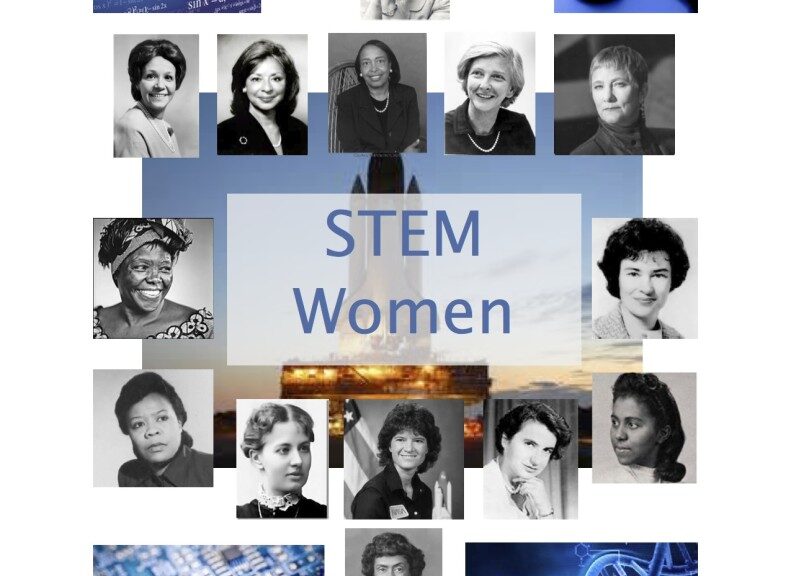Very recently, the U.S. Supreme Court ruled that only Congress could keep anyone off a ballot due to “[engagement] in insurrection or rebellion against the same, or given aid or comfort to the enemies thereof,” under the 14th Amendment to the Constitution. The Colorado Supreme Court had kept Donald Trump off the state’s ballot because of his participation in the insurrection at the Capitol on January 6, 2021. The Court was silent on whether Trump has committed insurrection or not. Allegedly, the Court’s 9-0 decision was due to its fear that political chaos could result if it ruled in Colorado’s favor.
This judicial philosophy is know as consequentialism, making decisions based on the anticipated consequences of the decision. Other major ways of making decisions include stare decisis, depending on previous decisions; strict constructionism, depending on the plain black letter words of Congress and the Founding Fathers; and Originalism, depending on the intent of the Founding Fathers and authors of the Constitution.
The current conservative majority of the Supreme Court has pretended to be Strict Constructionists and Originalists. They showed this tendency for example, in the anti-abortion decision, where they noted that a right to abortion is nowhere found in the Constitution. They shoved the decision off to the states to make. But wait! Secretaries of the states have always made the decision as to who would be allowed on ballots. So the current Court is at a minimum inconsistent, if not hypocritical. Another example of them straying from their beliefs is their decisions on gun control. Here they ignore the plain, original language of the Constitution, which prefaces a right to bear arms with the phrase “a well-regulated militia.” Clearly, no individual acting on his own is a well-regulated militia or a militia of any kind.
If one thinks along the consequentialist lines of the current Supreme Court, where does one end up? The next shoe to drop will be the Court’s decision on Trump’s desired immunity from prosecution. If the Court rules that he is immune, they are giving up American democracy and creating the probability of an American emperor. If the conservative majority rules this way, they will have ignored what President George Washington tried to teach us when he refused to become king.
American democracy has been a mixed bag; we’ve had only about about 140 years without slavery, 100 years of women’s rights, about 80 years of Asian-American rights, about 50 years of children who don’t speak English being able to get a public education, and less than 50 years of disability rights and environmental justice. Even those timelines were sullied by Jim Crow, segregation, redlining, domestic violence, discrimination, and inadequate enforcement of civil rights laws. It was a noble experiment, now ready to be handed back to white male nondisabled suprematists who have nostalgia for slavery and declared War on Women. Trump and his American Nazis are ready to declare victory. About 38 to 48% of the American electorate are ready to surrender their human rights to achieve their view of economic prosperity. This is similar to the Peoples Republic of China, and includes about 52% of white women, half of people with disabilities who vote Republican, and even a substantial minority of African-Americans and Hispanics, all voting against their self-interest.
There seems to be no remedy for masses of people who desire to harm themselves. Undocumented people coming across the southern border have tried to save us from ourselves. Their criminal conviction rate is about 45% below that of native‐born Americans in Texas. But maybe Texas is an aberration. On the other hand, these undocumented people have been growing our food, caring for our children, fixing our roofs, mowing our lawns, and generally doing all the hard work we’ve gotten too lazy to do.
Meanwhile, Democratic congresspeople and mayors in Michigan and senators from Maryland and Virginia are focusing on issues a third of a world away in Palestine instead of serving their constituents. For example, 47% of Cong. Tlaib’s constituents are Black, who have no stake whatsoever in the Middle East, but have many domestic challenges and needs. There must be some middle ground. But as the saying goes, if you see a turtle on its back on a fencepost, it didn’t get there by itself…

 “Martin Luther King on steroids!”
“Martin Luther King on steroids!”


